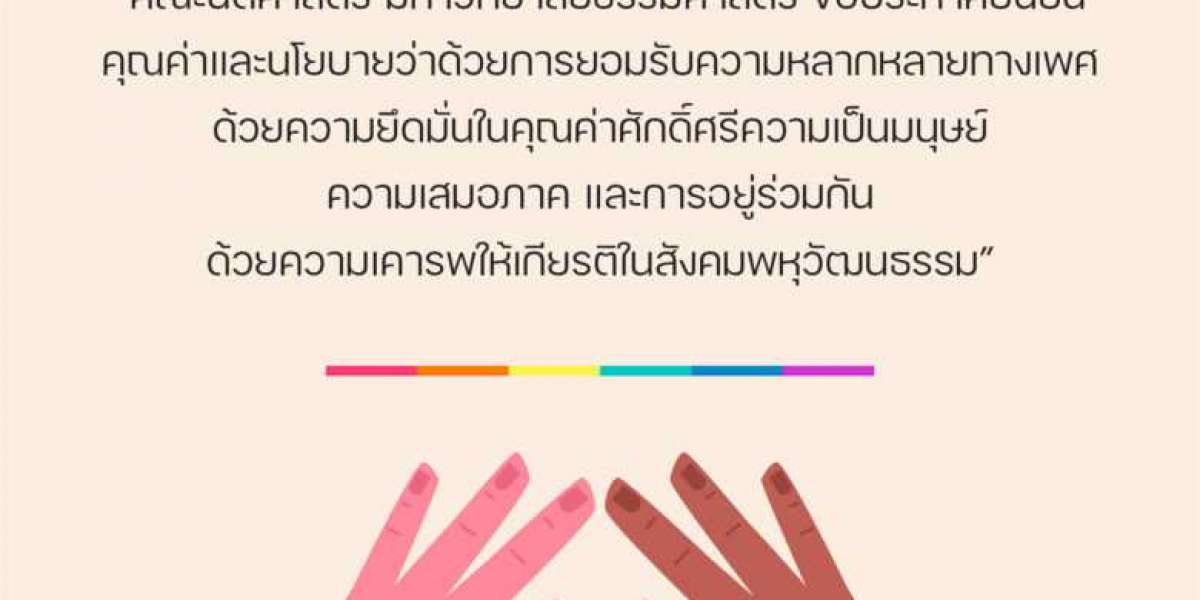The Hong Kong SAR Government’s 2018-19 Health Behaviour Survey showed that around 96% of residents aged 15 or over consumed less than five portions of fruit and vegetables per day. Added to this, almost 10% of these people ate processed meat at least once a day, on average. The World Health Organisation states that an unhealthy diet and lack of physical activity are leading global risks to health, and its member states have agreed to halt the rise of diabetes and obesity in adults, teenagers, and of overweight children by 2025.
With this in mind, Dr Louisa Chung Ming-yan at the Department of Health and Physical Education of The Education University of Hong Kong and her team have developed the eDietary Platform, an app for users to record their diet and monitor what they eat and drink. “To change eating habits, we can’t merely deliver lectures on nutrition. We need a record of scientific facts,” explained Dr Chung.
Users input their dietary record onto the app. Any food not already on the list can be added by simply uploading a photo. The app then gives users a bespoke nutrition report, taking into account personal details such as age, gender, height and weight.
The project team was awarded funding by the Food and Health Bureau under the Health Care Promotion Scheme. Through the feedback received, researchers found that using the eDietary app made younger adults more capable of matching food products to categories. Participants therefore understand how to reduce the risk of health problems and vulnerability to diseases and are encouraged to develop their own eating plan in terms of food and portion size change. In testing, the complete switch to healthy eating took 12 weeks.
As a start, the app has already been downloaded over 4,500 times to date, and its effectiveness was trialled in a study on how the use of such technology enhances the eating behaviour of young adults. “We formulated and tested the theory on eating behaviours when people monitor their diets online,” said Dr Chung. People who have used the app have noted that it makes them realise the importance of enjoying healthy food. “It has encouraged me to develop the habit of recording my daily intake,” said one. They suggested that the app could be used by young adults and children, as it helps youngsters learn about food classification, nutrients and quantities.








